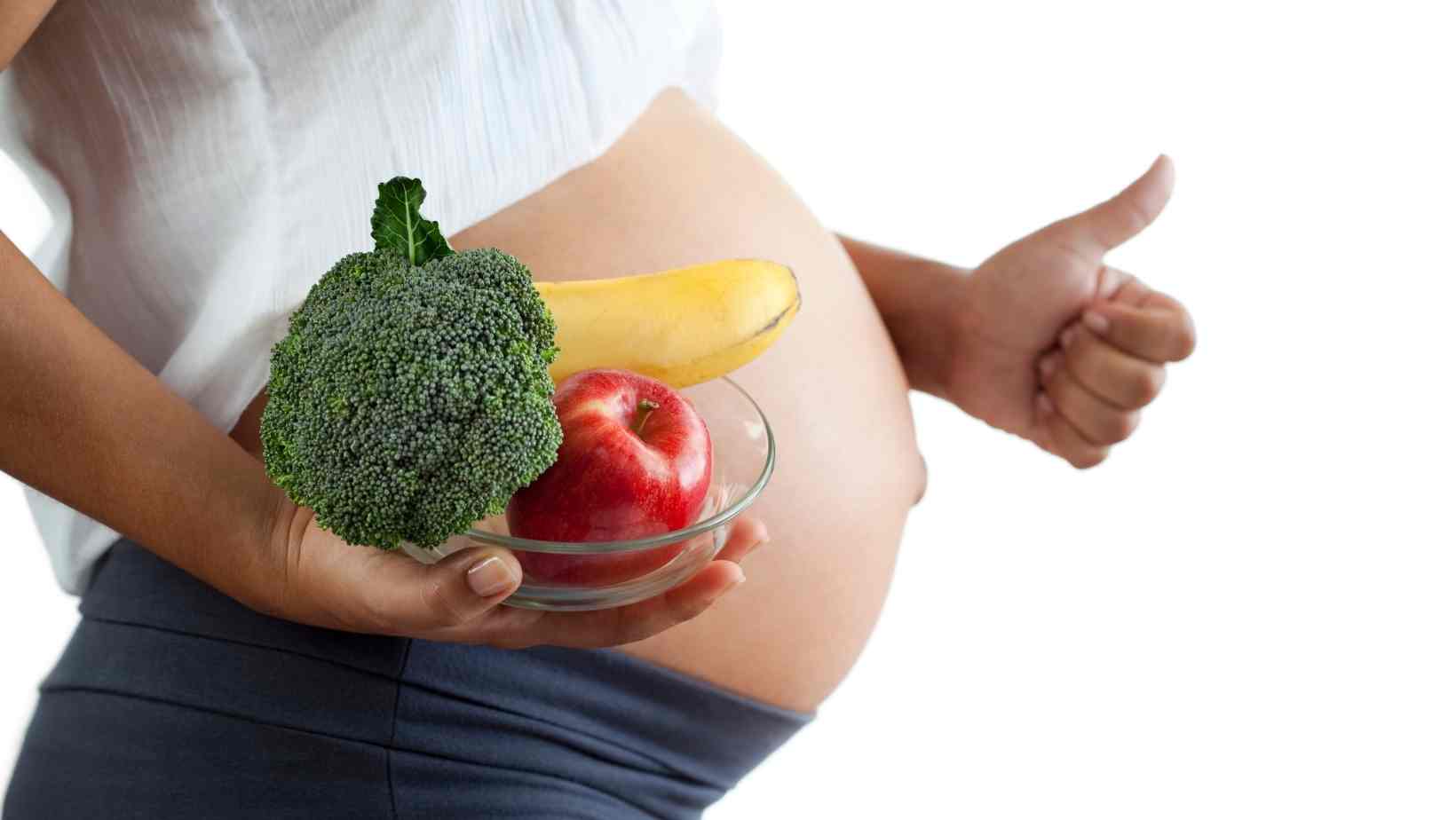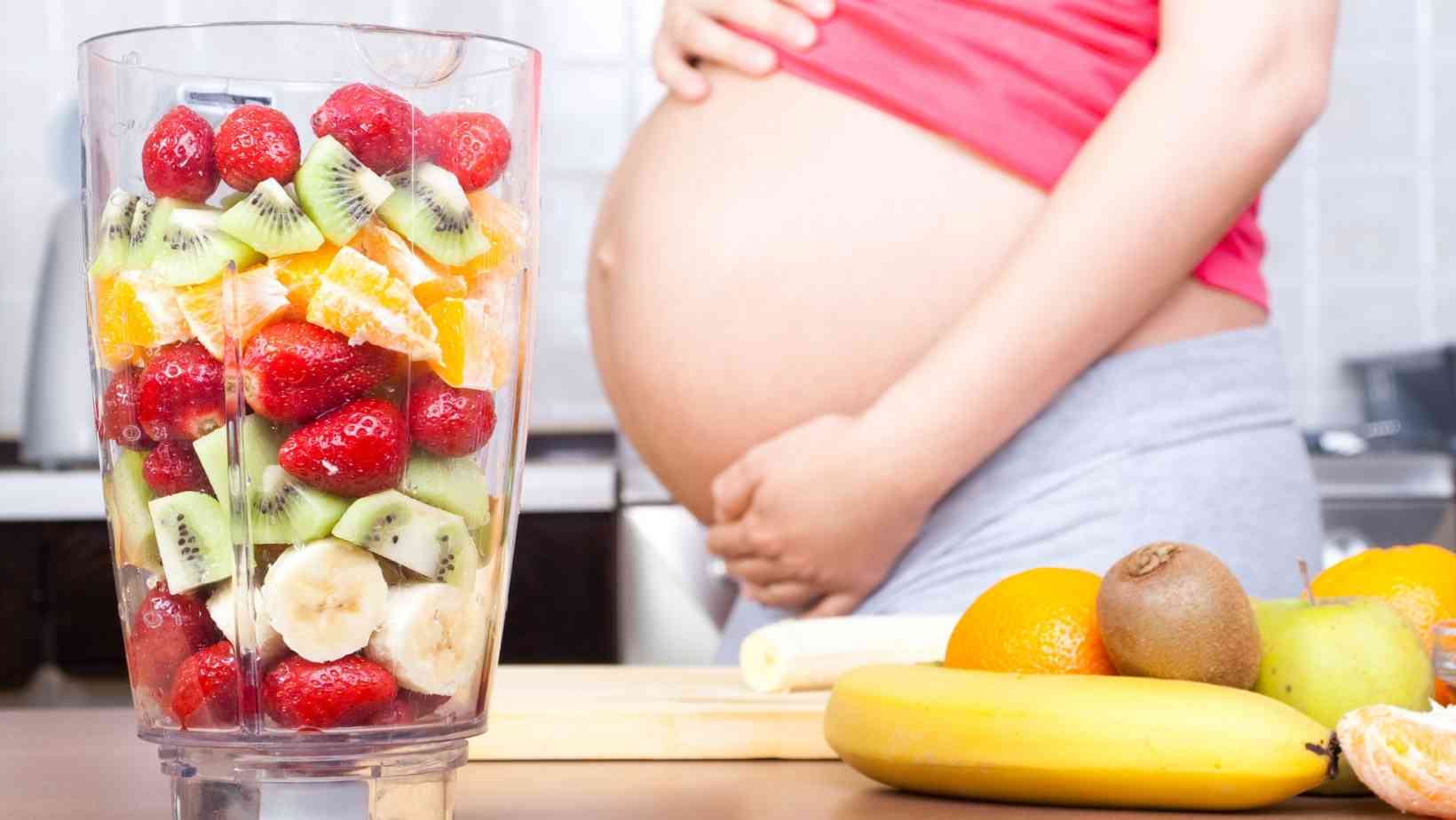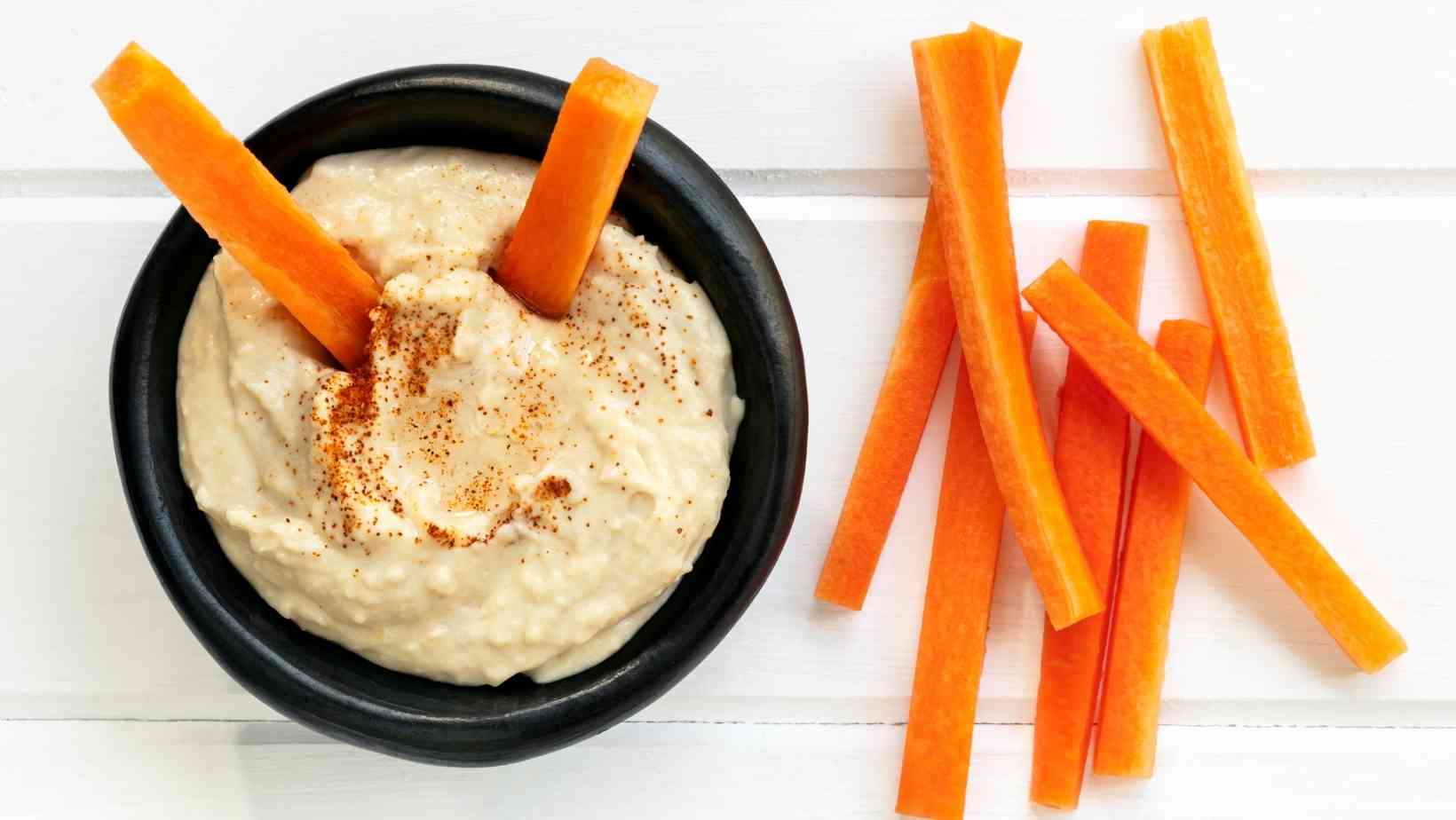If the mother is in good health, so is the baby! This is something pregnant women should keep in mind, and they should eat a nutritious diet. There are several hormonal changes that occur in a woman's body, and stomach issues are extremely prevalent. Constipation, hemorrhoids, and diarrhea are common complaints among pregnant women. Fiber-rich meals help to keep them at bay, or at least to a minimum.

What Exactly Is Fibre?
Fiber is exclusively present in plants, and it cannot be digested by the human body. It does not offer us many nutrients, but it does serve a crucial purpose in the body. Fiber maintains a healthy and well-functioning digestive system by assisting the body in the correct removal of waste. Roughage is a term that is used to describe fiber.
The only disadvantage of a high-fiber diet is that you may pass a little more gas than normal. This is because, although human systems are unable to digest fiber in general, bacteria in the colon and intestine can do so to some level.
What Are the Different Fibre Types?
Fibers are divided into two categories: natural and synthetic.
Insoluble Fibres: This kind of fiber functions as a natural laxative, allowing waste to pass through the digestive system more quickly and easily. It softens and prevents constipation by softening the feces. Whole grains, fruits, vegetables, beans, and dried peas all contain it.
Soluble Fibres: This form of fiber aids in blood sugar and cholesterol regulation. Dried peas and beans, fruits, vegetables, barley, and oats all contain soluble fibers.
The Advantages of Eating High-Fibre Foods While Pregnant
During pregnancy, the ovaries release a hormone called progesterone, which relaxes the stomach muscles and delays digestion. Fiber may aid with irregular digestion and bowel movements, therefore including it in your diet can make a big impact. Fiber is also beneficial to you throughout your pregnancy in the following ways:
Aids in maintaining a healthy pregnancy weight: High-fibre meals are a fantastic strategy to help you control your pregnancy weight since they keep you satisfied for longer and contain fewer calories.
Prevents constipation: Getting the correct quantity of fiber in your diet can help you avoid constipation, which is a common concern among pregnant women.
Fiber helps to manage blood sugar levels by slowing the digestion of meals, which prevents blood sugar levels from increasing too quickly.
Fibers serve to retain cholesterol-rich bile acids in the digestive tract, preventing the body from absorbing cholesterol.
Pregnant Women's Fibre-Rich Food Options
Add extra fiber-rich foods to your meals to prevent constipation and other difficulties caused by a malfunctioning digestive tract, and notice the change in your system. Here are some high-fiber meals to consider during pregnancy:

1. Fibre-rich Vegetables
- Beetroot
- Green Peas
- Bell peppers
- Cauliflower
- Green leafy vegetables
- Okra (Lady’s finger)
- Carrots
2. Fruits that are high in fiber
- Berries
- Oranges
- Pears
- Apple
- Kiwi
- Mango
- Prunes
3. Fibre-rich Grains And Cereals
- Millet
- Barley
- Wheat
- Brown Rice
- Whole Grains
- Oats
- Wild Rice
4. Legumes and Nuts High in Fibre
- Beans with Lime
- Beans in France
- Chickpeas
- Beans, black
- Lentils
- Almonds with coconuts
Recipes with a lot of fiber in a hurry
Here are a few quick and delicious high-fiber meals to try:
1. Fruit Shake with Nuts
The best beverage is milk or yogurt-based shake with fresh fruits and nuts like almonds, walnuts, or pistachios! Choose fruits that are high in fiber, such as mango, apple, or berries. A fruit and nut smoothie may be thrown together quickly in a blender and serves as a nutritious breakfast or mid-day snack. Before utilizing the fruits, make sure they're clean.
2. Hummus-Dipped Carrot Sticks
This traditional meal is high in nutrients and fiber. It would be ideal if you can prepare the hummus from scratch at home. The chickpeas and carrots are high in fiber, and the spices that go with them make this meal easy to prepare yet delicious to eat. Make sure the carrots are well cleaned before slicing them as thick or thin as you desire.

Other Things to Think About
As you increase the amount of fiber you eat throughout pregnancy, it becomes more necessary to drink enough water to keep your digestive system running smoothly and to stay hydrated. It is advised that you drink ten to twelve glasses of water every day. Coconut water is particularly good for pregnant women since it includes a lot of critical minerals, dietary fiber, and lauric acid, all of which assist the body fight infections.
Plant-based diets are the best choice for pregnant women since they contain less harmful waste than animal products. Plant fiber maintains a healthy bacterial population in the intestine. Pregnant women should avoid eating soybeans or other soy products since they are often genetically modified.
One of the most beautiful periods in a woman's life is when she is pregnant. The majority of women are ecstatic about it. However, in order to genuinely enjoy your pregnancy while also knowing that you are doing the best you can for your kid, you must eat a healthy and balanced diet. After all, you're feeding two people now. Remember to eat a more plant-based diet and drink enough water to keep your body running as efficiently as possible for you and your baby.




